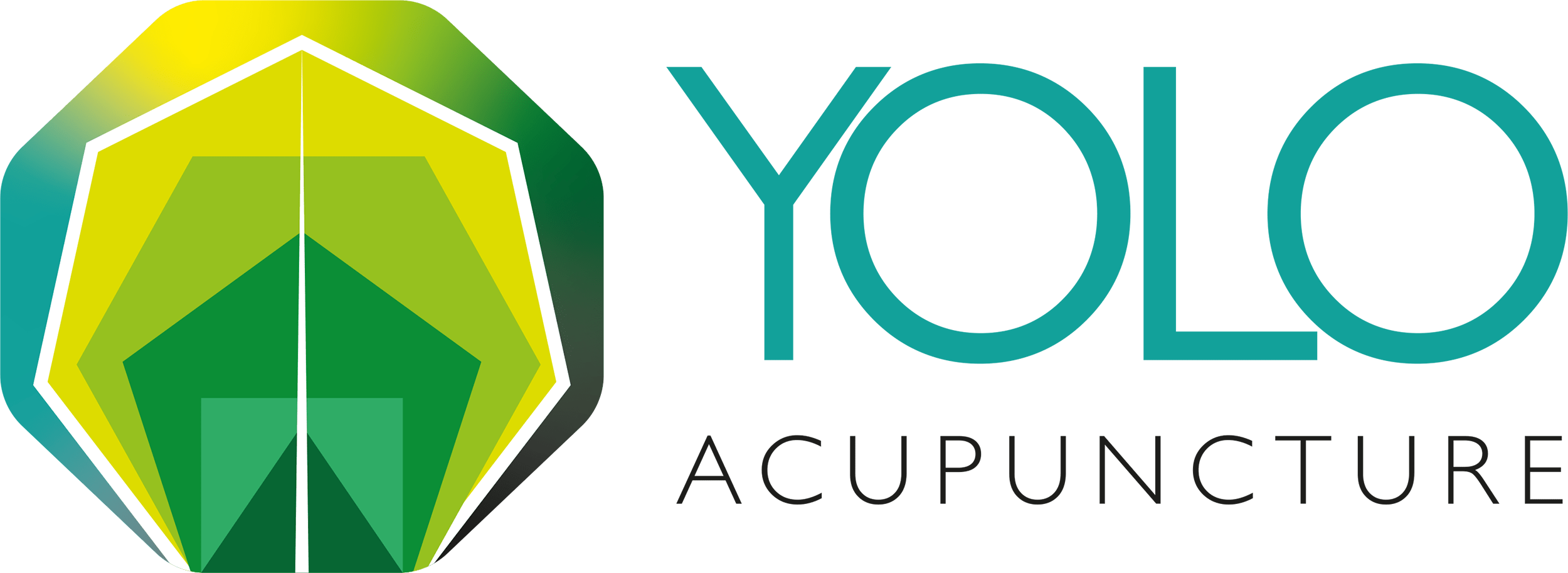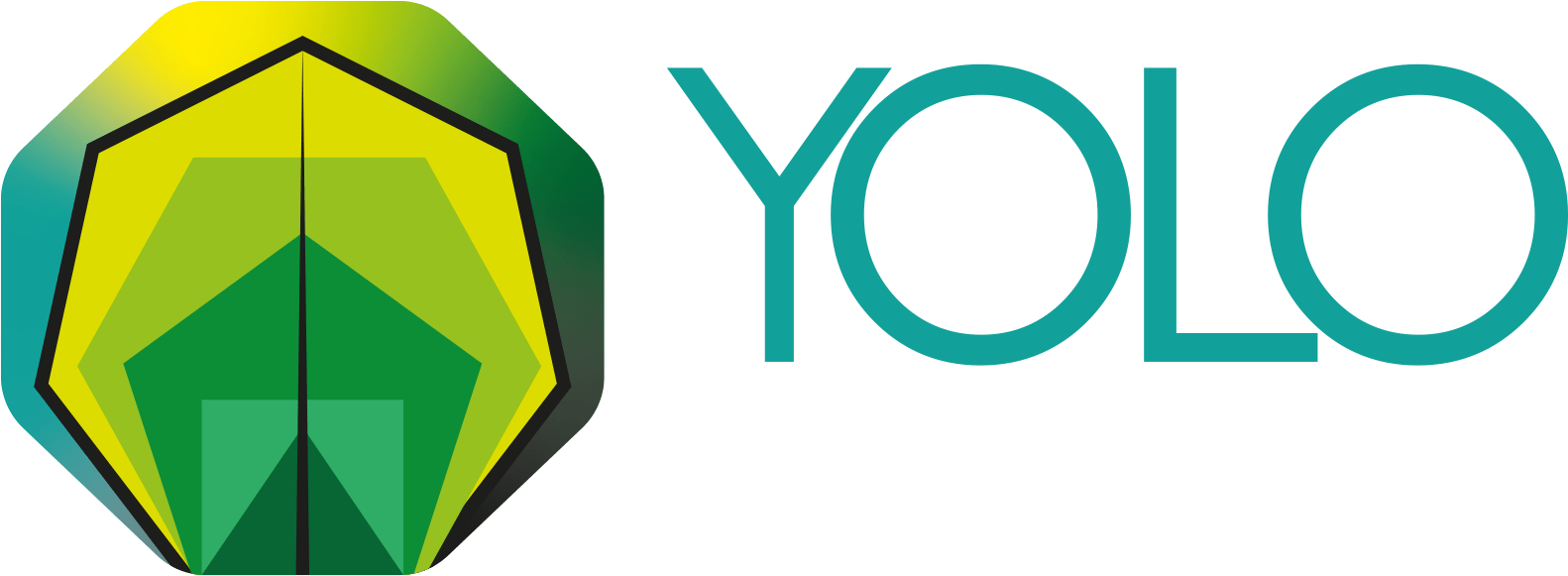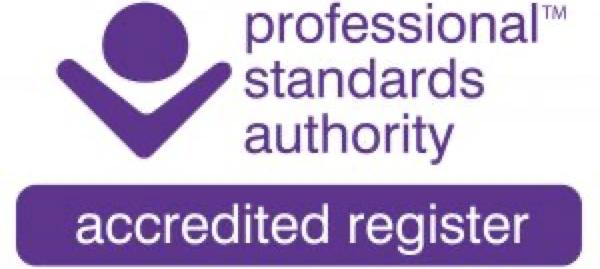Irritable Bowel Syndrome (IBS) is a common disorder that affects the large intestine. It is a condition which is thought to affect approximately 1 in 5 people in the UK. IBS can affect anyone at any age but it most often develops in young adults and women are more affected than men.
It is a lifelong condition with no cure but diet changes, lifestyle changes, acupuncture and medication can help to make a difference. The exact cause of IBS is unknown however it has been linked to food being passed through the gut too quickly or too slowly, an oversensitivity of the nerves in the gut, stress can increase IBS and a family history of the condition.
The condition causes stomach cramps, bloating, gas, diarrhoea and constipation, or both. Symptoms can come and go over time, can last for a day, a week or months and can have a large impact on an individual’s everyday life and activities.
It can be triggered by a food allergy or intolerance, although this is not fully understood. People find that when they eat certain foods or drinks this can cause a ‘flare up’ and their symptoms worsen. Individuals will also find they have more frequent or worse symptoms during periods of increased stress.
Lifestyle changes can alleviate IBS, regular exercise is known to ease symptoms. Managing stress levels and other emotional factors may trigger symptoms in some individuals. Keeping a food and lifestyle diary for 4 weeks to help monitor symptoms and activities can help to identify triggers. Following a FODMAP diet can also help people with the condition.
IBS research
More research and studies are being produced to show how acupuncture can help alleviate pain and symptoms for those with the condition. A study in 2017 (Qin, et al) compared acupuncture with traditional Western medicines for treating diarrhoea associated with IBS. The study divided 61 IBS patients into two groups. One group received abdominal acupuncture, and the other group received pinaverium bromide tablets.
The results showed that acupuncture was a more effective treatment than Western medication. It stated that acupuncture effectively relieved abdominal pain, bloating, diarrhoea, poor stool output, and stool abnormalities.
Another study in 2020 (Pei, et al) compared acupuncture with traditional medication: polyethylene glycol 4000, or pinaverium bromide. The study found that acupuncture was a more effective treatment for the symptoms of IBS than this medicine.




